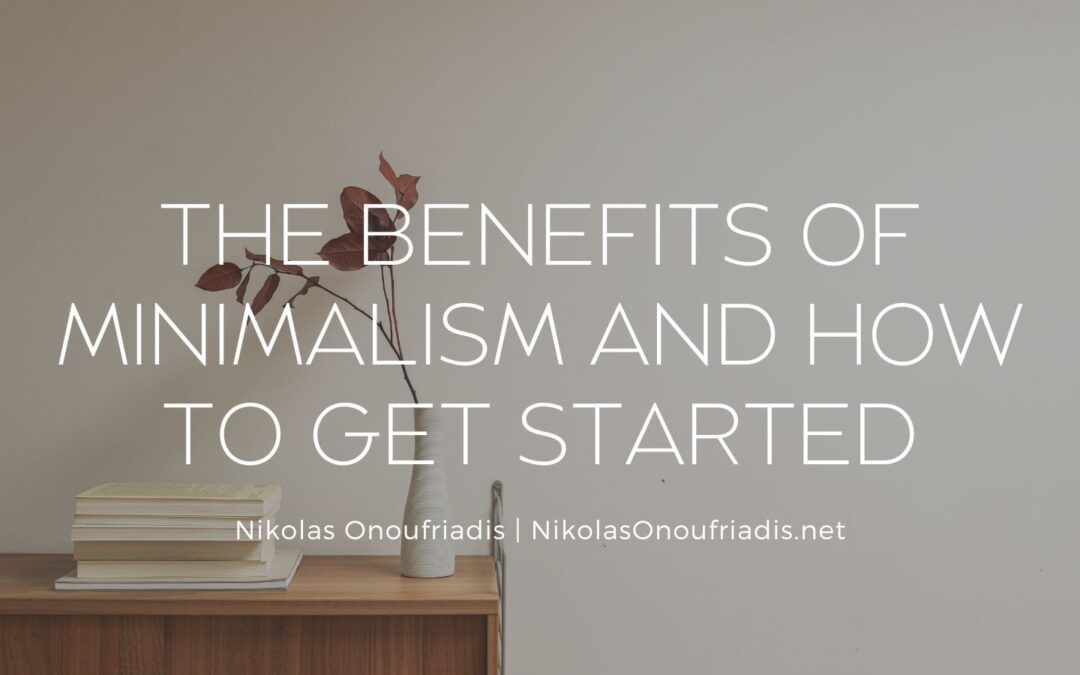Minimalism is a lifestyle that focuses on reducing the number of possessions and distractions in your life to focus on what’s truly important. A minimalist lifestyle can benefit your physical, mental, and emotional well-being. A lot of well-known interior designers and decorators embrace the minimalist look.
Marie Kondo: Marie Kondo is a Japanese author and organizing expert who has gained notoriety for her uncomplicated method of tidying up and organizing. Her approach, dubbed the KonMari technique, emphasizes preserving those things that “spark joy” and getting rid of everything else.
British architect and designer John Pawson is renowned for his uncluttered aesthetic. His designs often include straightforward shapes, clear lines, and an emphasis on natural materials.
Tadao Ando is a Japanese architect renowned for his straightforward style. His structures often have straightforward shapes, uncluttered lines, and an emphasis on natural materials and light.
Axel Vervoordt is a minimalist interior designer from Belgium who is well-known for his work. His designs often use natural materials, a neutral color scheme, and an emphasis on creating tranquil and peaceful settings.
American fashion designer Calvin Klein is renowned for his simplistic approach to style and design. His designs often have uncluttered surfaces, straightforward shapes, and an emphasis on fine workmanship and materials.
Reduced Clutter and Stress
One of the primary benefits of minimalism is reduced clutter and stress. By simplifying your possessions and environment, you can reduce the amount of physical and mental clutter in your life. This can help to reduce stress and improve your overall well-being.
Improved Focus and Productivity
Minimalism can also improve your focus and productivity. You can improve your ability to concentrate and achieve your goals by eliminating distractions and focusing on what’s truly important.
Increased Creativity
Minimalism can also increase your creativity. You may find your mind more open and creative by simplifying your environment and reducing distractions. This can lead to new ideas and insights.
Better Finances
Adopting a minimalist lifestyle can also have financial benefits. You can save money and reduce your debt by reducing spending and focusing on what’s truly important.
Environmental Benefits
Minimalism can also have environmental benefits. By consuming less and reducing waste, you can reduce your ecological impact and help to protect the planet.
Getting started with minimalism can be daunting, but here are some tips to help you get started:
Identify Your Priorities
Start by identifying your priorities and what’s truly important to you. This will help you to focus on what you want to keep in your life and what you can let go of.
Declutter Your Home
Declutter your home by reviewing your possessions and removing anything you don’t use or value. This can reduce physical clutter and create a more peaceful environment.
Simplify Your Schedule
Simplify your schedule by eliminating unnecessary commitments and activities. This can help to reduce stress and free up time for the things that are truly important to you.
Reduce Your Spending
Reduce your spending by focusing on what you truly need and value. This can help reduce financial stress and save money for things significant to you.
adopting a minimalist lifestyle can have numerous benefits for your physical, mental, and emotional well-being. By identifying your priorities, decluttering your home, simplifying your schedule, and reducing your spending, you can experience minimalism’s benefits.

